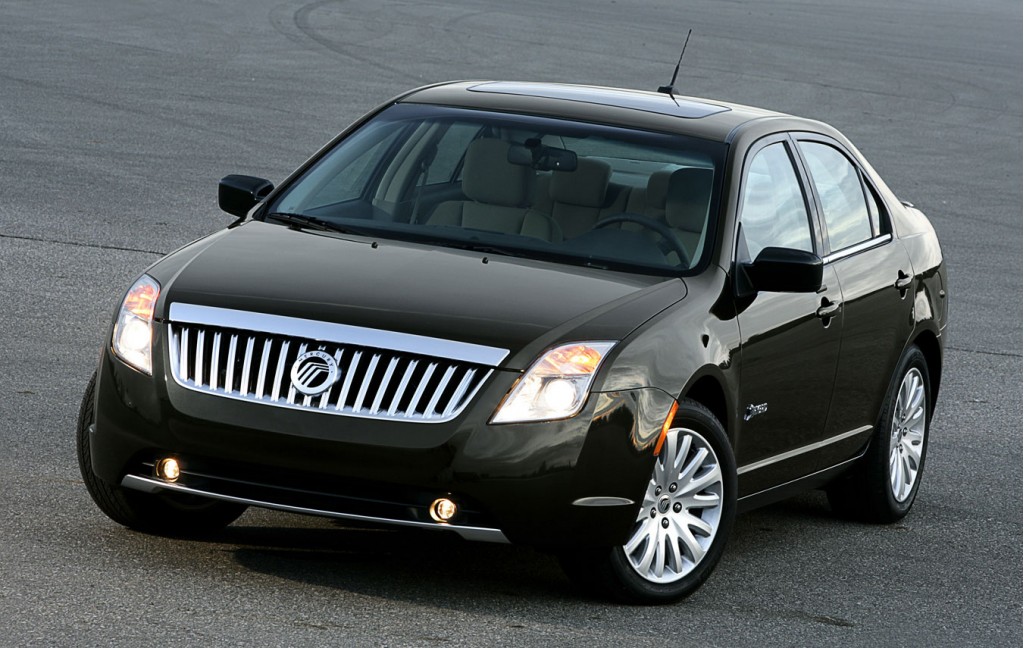Ford on Tuesday issued a do-not-drive warning to owners of Fusion Hybrid, Mercury Milan Hybrid, and Lincoln MKZ Hybrid sedans who did not have defective Takata airbags replaced under three previous recalls.
The automaker issued its first Takata airbag recall in 2015. Like many other automakers, Ford was supplied airbags by Japanese firm Takata with inflators that could explode and expel sharp metal fragments during a crash.
2011 Lincoln MKZ Hybrid
Approximately 765,600 airbag inflators in Ford and Lincoln vehicles are affected globally, including 374,300 in the U.S., Ford said in a press release. The automaker claims that 95% of customers have completed recall repairs, as a result of more than 121 million outreach attempts to date in the U.S. via letters, emails, phone calls, text messages, and more than one million in-person visits to customer homes.
However, some vehicles have not had their potentially defective airbag inflators replaced. That includes passenger airbag inflators in 2006-2012 Fusion, Mercury Milan, and Lincoln Zephyr and MKZ sedans (both hybrid and non-hybrid), as well as driver and passenger airbag inflators in several other Ford and Lincoln models. Ford notes that the age of these vehicles makes it increasingly possible that airbag inflators will explode.

2010 Mercury Milan Hybrid
The Fusion midsize sedan was launched for the 2006 model year. The Milan and Zephyr were derivatives of it, with the Zephyr adopting the MKZ name for the 2008 model year. A 2010-model-year refresh brought hybrid powertrains to the Fusion and Milan, although the latter only lasted one more year before the Mercury brand was discontinued. An MKZ Hybrid followed for the 2011 model year, priced the same as the non-hybrid model.
Replacement parts are available now, Ford said in the release. Customers can request mobile service, or have their cars towed to a dealership for replacement of the affected airbag inflators, free of charge. Dealers will also provide free loaner cars, if necessary.
Owners can contact Ford customer service at 1-866-436-7332 or visit the automaker’s recall website.


